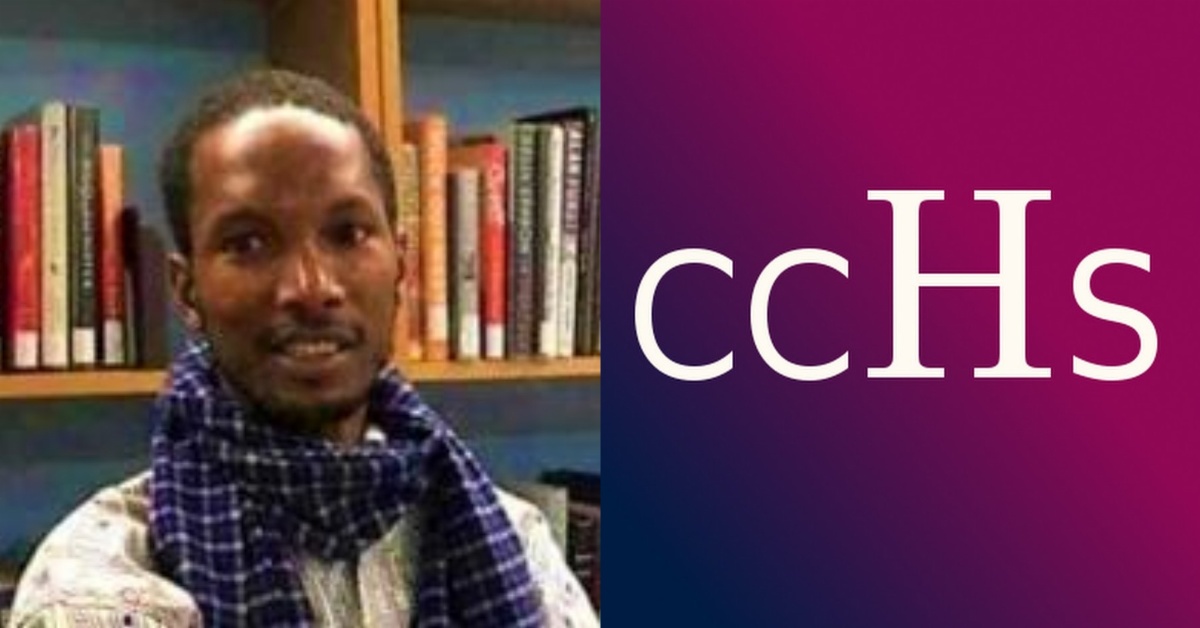Northwestern University’s esteemed Chabraja Center for Historical Studies has recently announced that Chernoh Alpha M. Bah, an accomplished editor at the Africanist Press, has been awarded a highly sought-after public service postdoctoral fellowship.
This remarkable opportunity will see Dr. Bah spearhead a groundbreaking two-year project, supported by the Africanist Press, dedicated to uncovering the truth behind illicit financial flows (IFFs) within the Mano River Corridor of West Africa.
The focal point of the Africanist Press IFFs project will be the Mano River corridor, a region encompassing Sierra Leone, Liberia, Guinea, and Ivory Coast. Spanning from 1975 to the present day, the initiative seeks to delve into the history of multinational corporate operations and economic activities in the area, examining their impact on the prevalence of illicit financial flows.
As an ambitious endeavor, the West Africa project aims to establish a transnational research program, drawing on the expertise of a diverse group of researchers.
This multidisciplinary team will include scholars, community activists, and journalists, who will collaborate over the course of two years to conduct extensive research and investigations. Together, they will endeavor to map out the historical and contemporary sources and pathways of IFFs within the Mano River Region, shedding light on the intricate web of financial misconduct spanning several decades.
In an official statement, Professor Amy Stanley, Director of the Chabraja Center for Historical Studies, expressed the institution’s enthusiasm for the collaboration.
“CCHS has chosen to extend our prestigious public service postdoctoral fellowship to Dr. Chernoh Alpha M. Bah, in recognition of his remarkable scholarly profile,” she announced. “We are delighted to support Dr. Bah’s work as a public intellectual, as we believe it holds significant promise for shedding light on crucial issues within the African context,” he stated.
The Africanist Press IFFs project is set to commence on September 1, 2023, and will span until September 1, 2025. With its ambitious scope and the expertise of its distinguished participants, this groundbreaking endeavor promises to unearth critical insights into the complex dynamics of illicit financial flows within the Mano River Corridor, paving the way for informed discussions and meaningful interventions in the years to come.


 Post a comment
Post a comment








